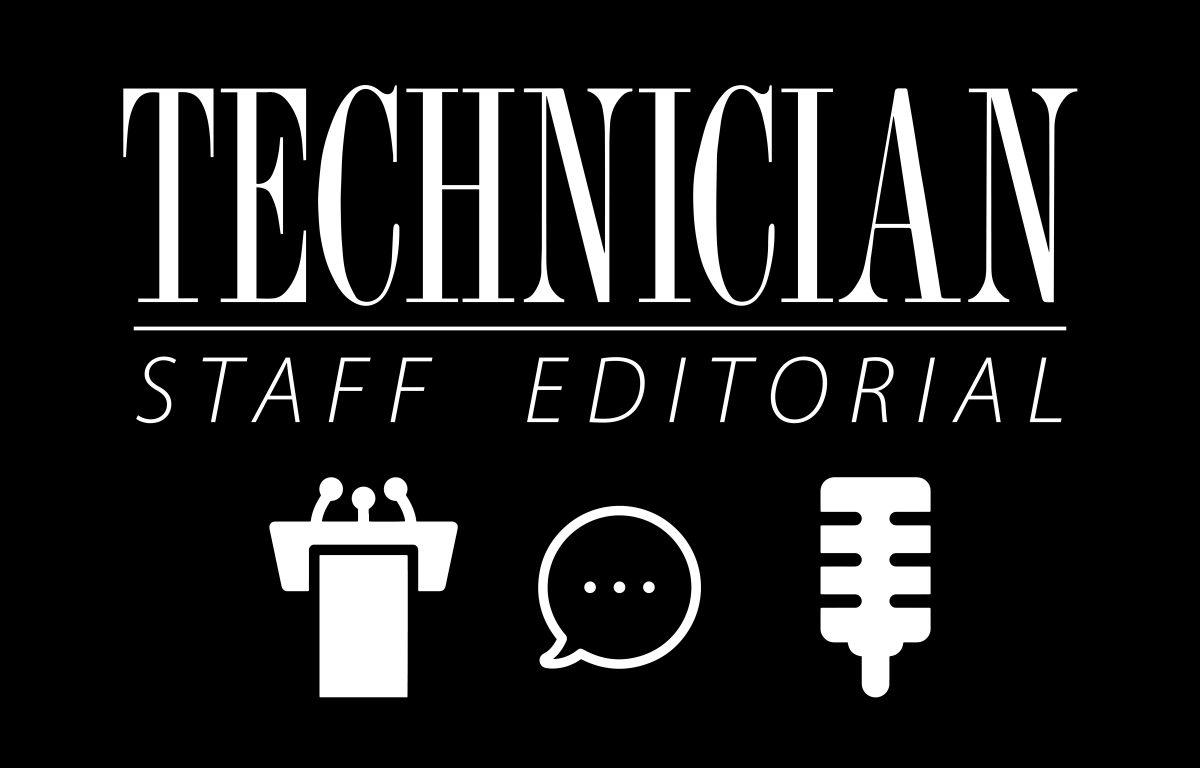It’s that time of year for class registration, but you won’t find this list of classes on your MyPackPortal scheduler. These three courses are the classes Technician’s editorial board wishes N.C. State offered.
Political Science 101 “Continuing (or beginning) Education for the General Assembly”
Twelve percent of the North Carolina state legislature has not attended college at any level, and another 10 percent lacks a complete four-year college education, according to The Chronicle of Higher Education in 2011. (This data does not account for the 2013 class, however.)
North Carolina is doing a good job with respect to the national average of state legislature education: The average percent of state congressmen and senators without a college education is 9 percent. But we can do better than that.
N.C. State is a land-grant university that serves the interest of the state. Technician’s editorial board would like to argue that a college education for all our officials in state and federal government is of interest to the state. Imagine this: Civic leaders in our state with a basic understanding of civics.
N.C. State could do a splendid job educating our law makers. We have a GLBT Center and an administration that values diversity (*cough cough* Amendment One). We host renowned natural resource and meteorological science programs that do great work in regard to climate change (*cough cough* House Bill 819 that ignores rising sea levels).
A prime example for the importance of a crash course in common sense: The General Assembly just proposed House Bill 109, which would make helmet use for motorcyclists older than 21 optional. Perhaps the bill’s sponsors, Reps. John Torbett and Michael Speciale, suffer from a few brain injuries themselves.
Food Science 409 “North Carolina Vinegar-Based Barbecue Appreciation and Awareness”
From an outsider’s perspective, North Carolina and vinegar-based barbecue go hand in hand. North Carolina can attract investors and out-of-state students with delicious and fatty pork products, so let’s cash in when the getting is good.
Pork is a huge staple for our state and swine research is a growing field for the University.
But with the rise of domineering capitalist chains such as Starbucks and McDonalds, the traditional mom-and-pop restaurants are fast diminishing, along with the history and Southern charm they possess.
We propose a class that will memorialize classic smoked, vinegar-based pork ‘cue, complete with history lessons, culinary practices and an end-of-semester debate between vinegar-based and tomato-based barbecue. Oh, and of course a weekly tasting — got to get that well-rounded education. And it stimulates the local economy. What’s to lose?
We’ve seen N.C. State make several private partnerships. We’d love to see such a partnership take place between University Dining and downtown Raleigh’s The Pit restaurant, a bastion of Southern charm.
To encourage students to sign up for the class, we suggest N.C. State offer memberships to the North Carolina Barbecue Society, which has members swear an oath “to cook and/or eat barbecue as often as possible.”
Barbecue is an institution in North Carolina. Let’s keep it that way.
Sociology 411 “Dealing with #FirstWorldProblems”
It’s one hour until class starts. You have a term paper due, and it’s worth 15 percent of your final grade. All attempts to print this paper have failed because your printer is out of ink. What do you do?
Imagine the benefits of a class dedicated to teaching students how to deal with problems such as these. While inconsequential in the long-run, students who have grown up care-free might find an inkless printer or lost phone charger severely traumatizing.
According to a College Stress and Mental Health poll, 85 percent of college students feel stress on a daily basis. If N.C. State were to construct a class devoted to counteracting “First World Problems,” that number could be cut in half. Think of the increases in productivity. Think of the inner Zen you could finally find in the Brickyard rush. Grade distributions? They would all be 100 percent A’s. With across-the-board 4.0 GPAs, students would graduate into higher-paying jobs, and alumni donations would go up.
We aren’t proposing a class in which students learn how to solve these — just ways to deal with them without using hashtags and alcohol. This interdisciplinary course would blend the fields of sociology, psychology, communication and aspects of the former courses Technician has proposed. Any classroom full of psychiatrist-style couches would be preferred. And perhaps a one-to-one teacher-to-student ratio, too.



